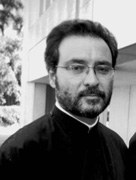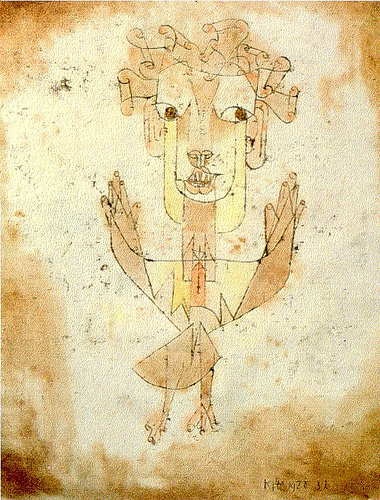 As we near the end of our Winter Quarter programming around the theme of “Reckoning with Scriptures,” the Theology Workshop has lined up two special events bringing together faculty, students, and six (6!) disciplines within and beyond the Divinity School. The first of these is a panel discussion on “Scriptures at the Faultlines,” Monday, February 20th, 12:00-1:30 pm, in Swift 106.
As we near the end of our Winter Quarter programming around the theme of “Reckoning with Scriptures,” the Theology Workshop has lined up two special events bringing together faculty, students, and six (6!) disciplines within and beyond the Divinity School. The first of these is a panel discussion on “Scriptures at the Faultlines,” Monday, February 20th, 12:00-1:30 pm, in Swift 106.
In what ways does the presence of authoritative scriptures linger in supposedly secular spaces? How is scriptural authority negotiated among communities who do not share a common canon? Whose scriptures are they anyway, and who gets to appeal to them, and what are the ethics of doing so? Are debates about scriptural interpretation really about other things? Are debates about other things really about scriptural interpretation?
What these questions have in common is that they deal with the presence of scriptures at the boundaries between spaces with differing religious emphases or levels of authority, such as between religious communities in a common political body or natural watershed, between differing social norms within particular religions, or between exegesis and other forms of reasoning in the academy—all of which may or may not (or may not yet) be sites of conflict.
This panel will engage with how habits of reasoning, narrative motifs, and ethical priorities effervesce from the history of textual interpretation into a broad array of public interactions and spaces. Such patterns of scriptural logic may be explicitly “used” to strengthen the claims or behavior of agents, or they may be invisible and unvoiced—but no less informative.
Our guests for the panel are:
-William Schweiker, Director of the Martin Marty Center and Edward L. Ryerson Distinguished Service Professor of Theological Ethics, University of Chicago Divinity School — reflecting on the general hermeneutical method that he has developed and used in order to deploy the “five dimensions” of theological ethics, in relation to scriptural claims and their potential orientation for the responsible life. In contrast to other “methods,” especially the approach of “scriptural reasoning” and the so-called method of correlation, he will contend that the method developed more adequately articulates and analyzes the structures of lived reality and therefore is important in addressing the interface between ethical and theological claims.
-Kristel Clayville, PhD Candidate in Ethics, University of Chicago Divinity School — reflecting on the use and suspicion of Scripture in environmental ethics. She will focus particularly on the work of Holmes Rolston III, whose argument for the preservation of endangered species as presented both philosophically and as an extension of Scriptural logic — thus overriding the typical binary between espousal and eschewal of scripture in this hotly contested field.
-Rachel Watson, PhD Student in Religion & Literature, University of Chicago Divinity School — reflecting on her research into the recent explosion of material (popular cultural, mass media disseminated, and academic) on the Gospel of Judas, part of the Codex Tchacos uncovered in Egypt in the 1970s and recently re-announced to the world in 2004. She will make a case that the introduction of this text as a “lost gospel,” one that was immediately put into conversation — if not competition — with other early Christian texts, sheds significant light on the contemporary discussion of and anxiety about ancient texts.
After presenting their reflections from the vantage of these three contested contemporary faultlines of scriptural application, our panelists will join in discussion with workshop participants in regard to the interpretive bases on which such patterns of use are founded, considering what criteria might be applied to evaluate them.
No preparation is expected of workshop attendees. Lunch will be provided. Persons with disabilities who may need assistance, or anyone with further questions, please contact Aaron Hollander at athollander@uchicago.edu.
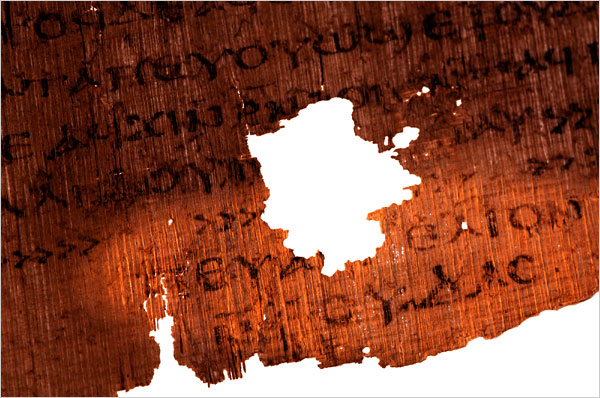


 As we near the end of our Winter Quarter programming around the theme of “Reckoning with Scriptures,” the Theology Workshop has lined up two special events bringing together faculty, students, and six (6!) disciplines within and beyond the Divinity School. The first of these is a panel discussion on “Scriptures at the Faultlines,” Monday, February 20th, 12:00-1:30 pm, in Swift 106.
As we near the end of our Winter Quarter programming around the theme of “Reckoning with Scriptures,” the Theology Workshop has lined up two special events bringing together faculty, students, and six (6!) disciplines within and beyond the Divinity School. The first of these is a panel discussion on “Scriptures at the Faultlines,” Monday, February 20th, 12:00-1:30 pm, in Swift 106. 
 The Theology Workshop cordially invites you to our upcoming workshop with Marsaura Shukla, PhD Candidate in Theology, Monday, February 6th at 12:00, in Swift 201.
The Theology Workshop cordially invites you to our upcoming workshop with Marsaura Shukla, PhD Candidate in Theology, Monday, February 6th at 12:00, in Swift 201.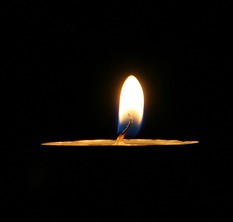 In his presentation, Andrew will analyze two competing logics surrounding Evangelical interpretations of biblical authority. On one hand, Evangelicals would agree that (1) God created a good world that quickly rebelled against God, (2) that God covenanted Godself with people that were repeatedly unfaithful to God, and (3) that God’s continued presence and action among us is the clearest sign of God’s own faithful love for the world. Rather than engineering a world or a history that is “infallible” or “inerrant,” we see God giving and affirming creaturely freedom, co-creativity, and co-authority, what he will call a logic of “creationality.” On the other hand, Evangelicals insist that Scripture is an exception from this pattern, in which God works so successfully that Scripture remains spotless from error or internal disagreement, which he interprets as a logic of “sovereignty.” We will interrogate the argument that the Evangelical doctrine of a Scripture that cannot fail betrays the wider biblical commitment to a God who does not work through unmediated, absolute force but through mediated, response-able inter-action, which leaves room for Scripture to be a) authoritative and b) accompanied with error, which c) isolates the continuing demand for genuinely critical-and-committed reading and action.
In his presentation, Andrew will analyze two competing logics surrounding Evangelical interpretations of biblical authority. On one hand, Evangelicals would agree that (1) God created a good world that quickly rebelled against God, (2) that God covenanted Godself with people that were repeatedly unfaithful to God, and (3) that God’s continued presence and action among us is the clearest sign of God’s own faithful love for the world. Rather than engineering a world or a history that is “infallible” or “inerrant,” we see God giving and affirming creaturely freedom, co-creativity, and co-authority, what he will call a logic of “creationality.” On the other hand, Evangelicals insist that Scripture is an exception from this pattern, in which God works so successfully that Scripture remains spotless from error or internal disagreement, which he interprets as a logic of “sovereignty.” We will interrogate the argument that the Evangelical doctrine of a Scripture that cannot fail betrays the wider biblical commitment to a God who does not work through unmediated, absolute force but through mediated, response-able inter-action, which leaves room for Scripture to be a) authoritative and b) accompanied with error, which c) isolates the continuing demand for genuinely critical-and-committed reading and action.
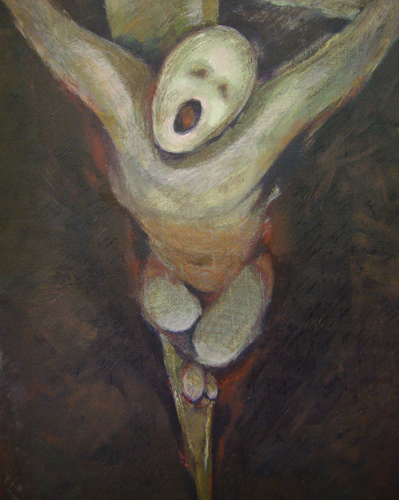 Our first presentation is that of Evan Kuehn, 2nd year PhD student in Theology. Evan will offer a constructive proposal inspired by Schleiermacher’s Glaubenslehre that incorporates his account of the threefold office of Christ into a new reading of the cry of dereliction. It will propose an interpretation that revises Schleiermacher’s explicit conclusions about the event of Christ’s abandonment by God while hewing closely to the structure, content, and purpose of Schleiermacher’s doctrine of the person and work of the Redeemer. Instead of following Schleiermacher by interpreting the godforsakenness of Jesus as problematic for His unique and persistent dignity as Redeemer, Christ’s godforsakenness will be explained as the end of the prophetic office of Christ.
Our first presentation is that of Evan Kuehn, 2nd year PhD student in Theology. Evan will offer a constructive proposal inspired by Schleiermacher’s Glaubenslehre that incorporates his account of the threefold office of Christ into a new reading of the cry of dereliction. It will propose an interpretation that revises Schleiermacher’s explicit conclusions about the event of Christ’s abandonment by God while hewing closely to the structure, content, and purpose of Schleiermacher’s doctrine of the person and work of the Redeemer. Instead of following Schleiermacher by interpreting the godforsakenness of Jesus as problematic for His unique and persistent dignity as Redeemer, Christ’s godforsakenness will be explained as the end of the prophetic office of Christ. “Existence and Extinction: Ecology, Ethics, and Theology Between Individual and Communal Mortality”
“Existence and Extinction: Ecology, Ethics, and Theology Between Individual and Communal Mortality”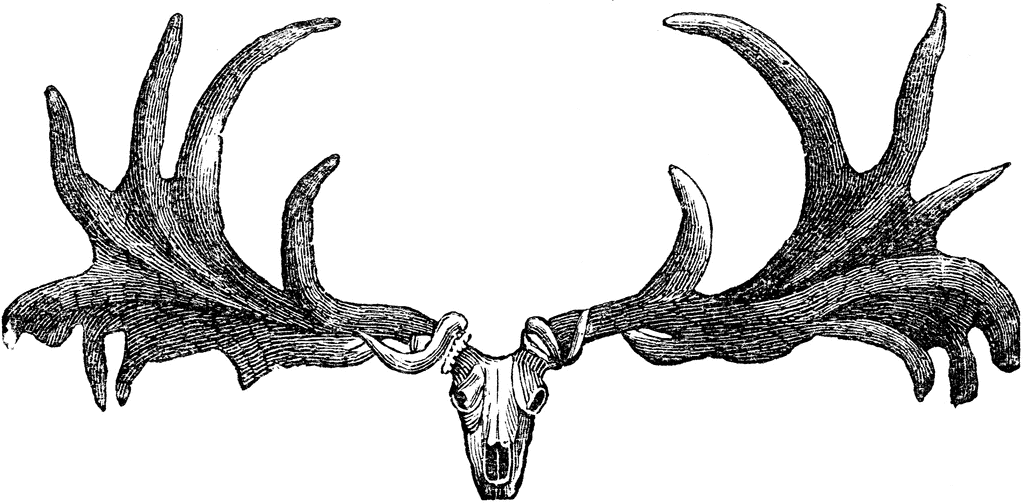
 The Theology Workshop is pleased to invite you to the first of our papers for the year on Monday (10/17) from 12:00-1:30 in Swift 201. Brett Colasacco, a Ph.D. student in History of Christianity, will present remarks based on his paper “A Patron Saint for Post-Humanism? Francis of Assisi, Deep Ecology, and the Political Order.” Unlike in previous years, the presentation will be approximately 25 minutes and will not presume any preparation on the part of participants. However, the paper is available through the Theology Workshop listserve or by emailing Kyle Rader at kgr@uchicago.edu, and we encourage participants who are able to read it in advance.
The Theology Workshop is pleased to invite you to the first of our papers for the year on Monday (10/17) from 12:00-1:30 in Swift 201. Brett Colasacco, a Ph.D. student in History of Christianity, will present remarks based on his paper “A Patron Saint for Post-Humanism? Francis of Assisi, Deep Ecology, and the Political Order.” Unlike in previous years, the presentation will be approximately 25 minutes and will not presume any preparation on the part of participants. However, the paper is available through the Theology Workshop listserve or by emailing Kyle Rader at kgr@uchicago.edu, and we encourage participants who are able to read it in advance.